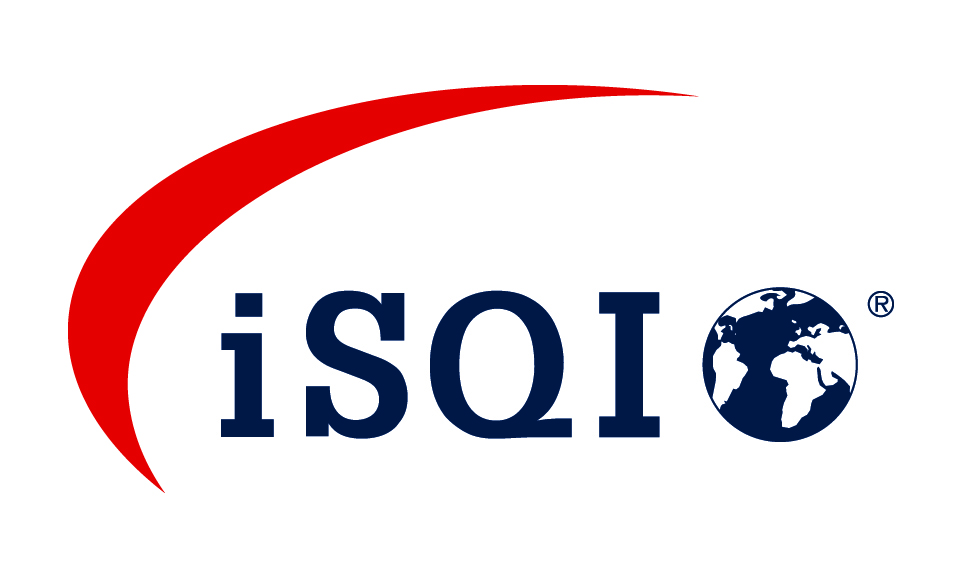 Stephan GoerickeNovember 19, 2023Certificate: 87417670CEO iSQI GroupCERTIFICATE OF EXCELLENCE
Stephan GoerickeNovember 19, 2023Certificate: 87417670CEO iSQI GroupCERTIFICATE OF EXCELLENCE
 Oleksandr OvchenkoISTQB® Certified Tester - Acceptance Testinghas successfully achieved the certification
Oleksandr OvchenkoISTQB® Certified Tester - Acceptance Testinghas successfully achieved the certification


Stephan Goericke
November 19, 2023
Certificate: 87417670
CEO iSQI Group
CERTIFICATE OF EXCELLENCE


Oleksandr Ovchenko
ISTQB® Certified Tester - Acceptance Testing
has successfully achieved the certification
Oleksandr Ovchenko
Assessment and validation of the business solution are important and frequent activities of product owners (POs), business analysts (BAs) and testers. Part of their responsibilities is to define acceptance criteria for the requirements, regardless of the type of development lifecycle – Agile or traditional. Acceptance criteria are defined by decomposing the requirements into a more atomic and testable form. Test cases are then designed to verify the solution against the criteria. Designing acceptance tests from acceptance criteria should be a highly collaborative activity, involving business analysts and testers, to ensure high business value of the acceptance testing phase, and mitigating the risks related to product release.
The ISTQB® Acceptance Testing (CT-AcT) certification focuses on the concepts, methods, and practices of collaboration between product owners/business analysts and testers in acceptance testing. It covers user acceptance testing (UAT), contractual and regulatory acceptance testing, as well as alpha and beta testing.
IT professionals who have passed the ISTQB® “Acceptance Testing” syllabus exam should be able to accomplish the following Business Objectives:
For business analysts and product owners:
• Contribute to an organization’s acceptance testing activities by participating in the acceptance test design phase and supporting the alignment of the product with the business requirements;
• Contribute to an organization’s acceptance testing activities by participating in the acceptance test design phase and supporting the alignment of the product with the business requirements;
• Contribute to the quality of the acceptance testing process, including validation and verification of produced artifacts.
For testers:
• Contribute to the definition of acceptance criteria during the requirements definition phase;
• Collaborate efficiently with business analysts and other stakeholders during all acceptance testing activities:
• Understand the business objectives, communicate with business units, and share common objectives for acceptance testing.
Skills / Knowledge
- Software Testing
- Acceptance Testing
- User Acceptance Testing
Issued on
November 19, 2023
Expires on
Does not expire
